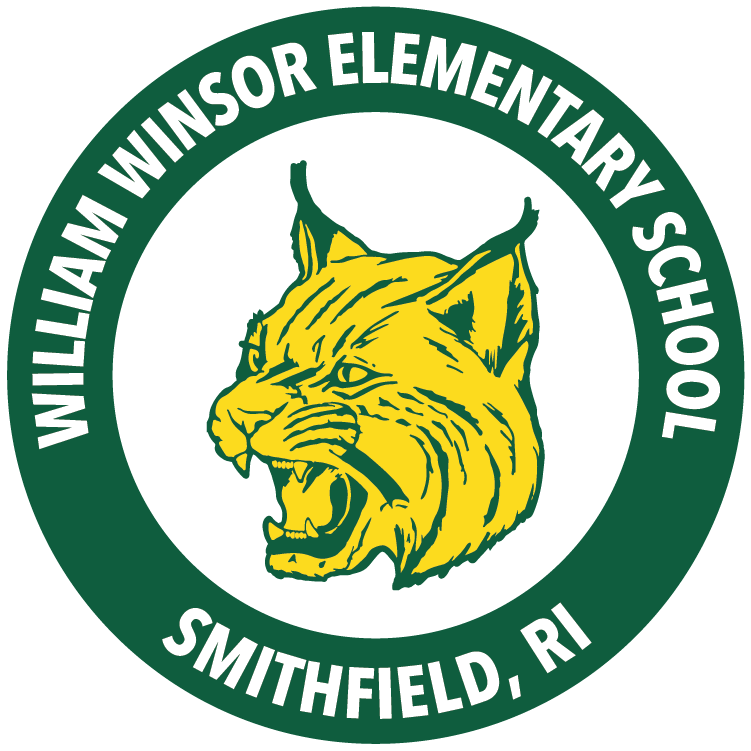What is Social-Emotional Learning?
Never has it been more important to prepare our students with the social skills needed to become future citizens. As our society has evolved and our communities have changed, we all need to ensure that our students have the skills and dispositions to navigate our changing nation. The core of social and emotional learning is embedded in academic instruction and team building. Social and emotional learning is not an "add on" or "extra". Instead, social and emotional learning skills form the foundation from which students learn information and problem solve in a social context. Information that is not shared and communicated with others has limited value. Information that solves academic and real world, authentic problems within a framework of team play equips students with the skills needed to be successful at the next grade levels and in the world of work and community engagement.
As has been discussed previously, multiple Winsor teachers have implemented the Responsive Classroom approach this year. We fully anticipate the remainder of our faculty will complete the training next summer. Responsive Classroom is a social and emotional approach that frames academic concepts within the larger, community lens. Students are purposefully engaged with one another. Students, through a classroom morning meeting, learn to communicate, work together, build community, and solve problems. Early adopting classroom teachers use Responsive Classroom tenets to formulate and maintain a classroom culture. This culture serves to squarely address the major components of social emotional learning, which are:
1. Self-Awareness- the ability for students to identify their own feelings.
2. Social Awareness- to empathize with others and show respect for our diverse, changing world.
3. Self-Management- to complete challenging tasks, persist when things get hard, know when to ask for help, and how to focus attention.
4. Relationship building- to learn to collaboratively, respectfully problem solve, work towards common goals, and communicate effectively.
5. Responsible decision making- the ability to analyze challenging situations and make responsible decisions.
As you know, we have regular student recognition assemblies. These assemblies have focused on citizenship and making responsible choices. These coming months, one focus are will be perseverance. We want our students, even when things get hard, to persist through challenges. The value of working through a challenge cannot be overstated. Students that learn this critical disposition during the formative school years are better prepared to overcome challenges later in life. It is for this reason that we ask you to continue to encourage your children to do their best.
We hope to continue this discussion with you at our next SIT meeting, scheduled for February 5th at 3:30pm. One of our educators will be talking about how the Responsive Classroom model has opened up possibilities for students in her class.
For more about Social Emotional learning, please see below:

